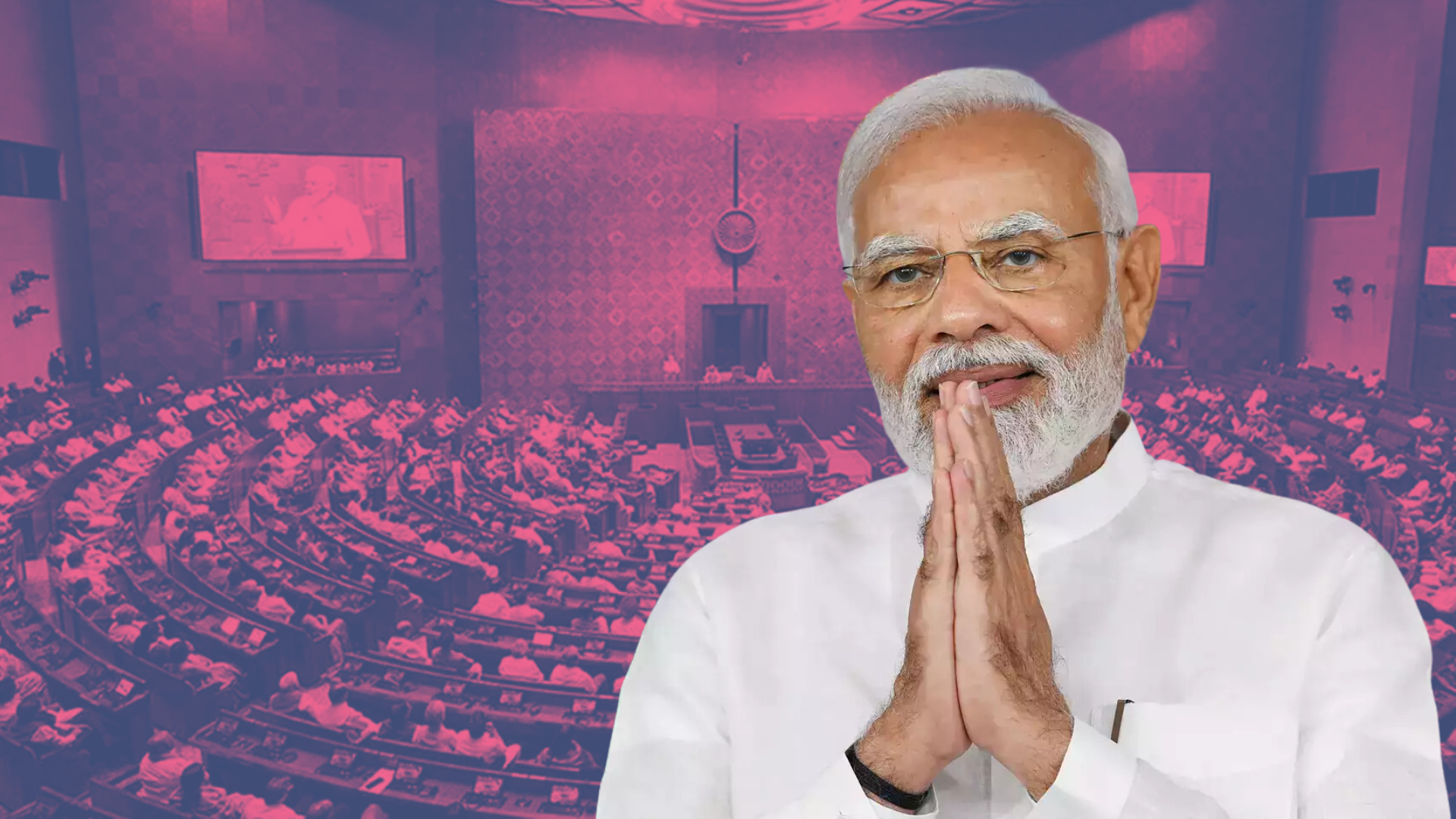










The Union Education Ministry has canceled the UGC-NET 2024 on the suspicion that the paper’s integrity may have been jeopardized, all this takes place amidst the ongoing controversy over the NEET-UG 2024 examination that has caused widespread outrage all over the nation. The matter is now currently being referred to the CBI for further investigation.
The education ministry has asked for a report from Bihar Police’s Economic Offences Unit regarding suspected irregularities during the National Eligibility-cum-Entrance Test (NEET-UG) 2024 in Patna. They stated that additional steps would follow upon receiving the report.
Previously the UGC-NET paper was conducted in CBT ( Computer Based Testing) mode, but this time shifting from the conventional mode of testing the examination was held in pen-and-paper mode, with a record 11 lakh students registering for the examination.
The UGC-NET Exam is held to determine the eligibility of an individual for the award of a Junior Research Fellowship (JRF), appointments for assistant professors, and to gain admission into Indian universities for a PhD.
Months after the Rajya Sabha and Lok Sabha passed an ‘anti-cheating’ bill aimed at curbing fraudulent practices, including exam paper leaks, reports of alleged exam irregularities have surfaced. The Public Examinations (Prevention of Unfair Means) Bill was passed by President Droupadi Murmu, in February. The bill has been passed and has become law.
READ MORE: Global Fossil Fuel Consumption and Emissions Hit Record Highs in 2023: Report
The Public Examinations (Prevention of Unfair Means) Act 2024, aims to bring down instances of paper leaks, malpractices including organized malpractices in examinations that include recruitments such as the UPSC, SSC, and entrance examinations such as NEET, JEE, and CUET.
In the past few years, the instances of paper leaks have risen and the implementation of such laws has now become imperative. It affects the lives of many students who prepare for the exams for years and sometimes more than a year taking gap years. Furthermore, a compromised examination puts a dent in the overall progress and quality of the institutional framework, and with rising instances of cheating the aspirants become further demotivated to take such exams.
In the last few years, leaks of question papers and organized cheating have affected the interests of lakhs of students due to the cancellation of tests and examinations, said Union Minister Jitendra Singh, elaborating on the need and significance of the bill.









